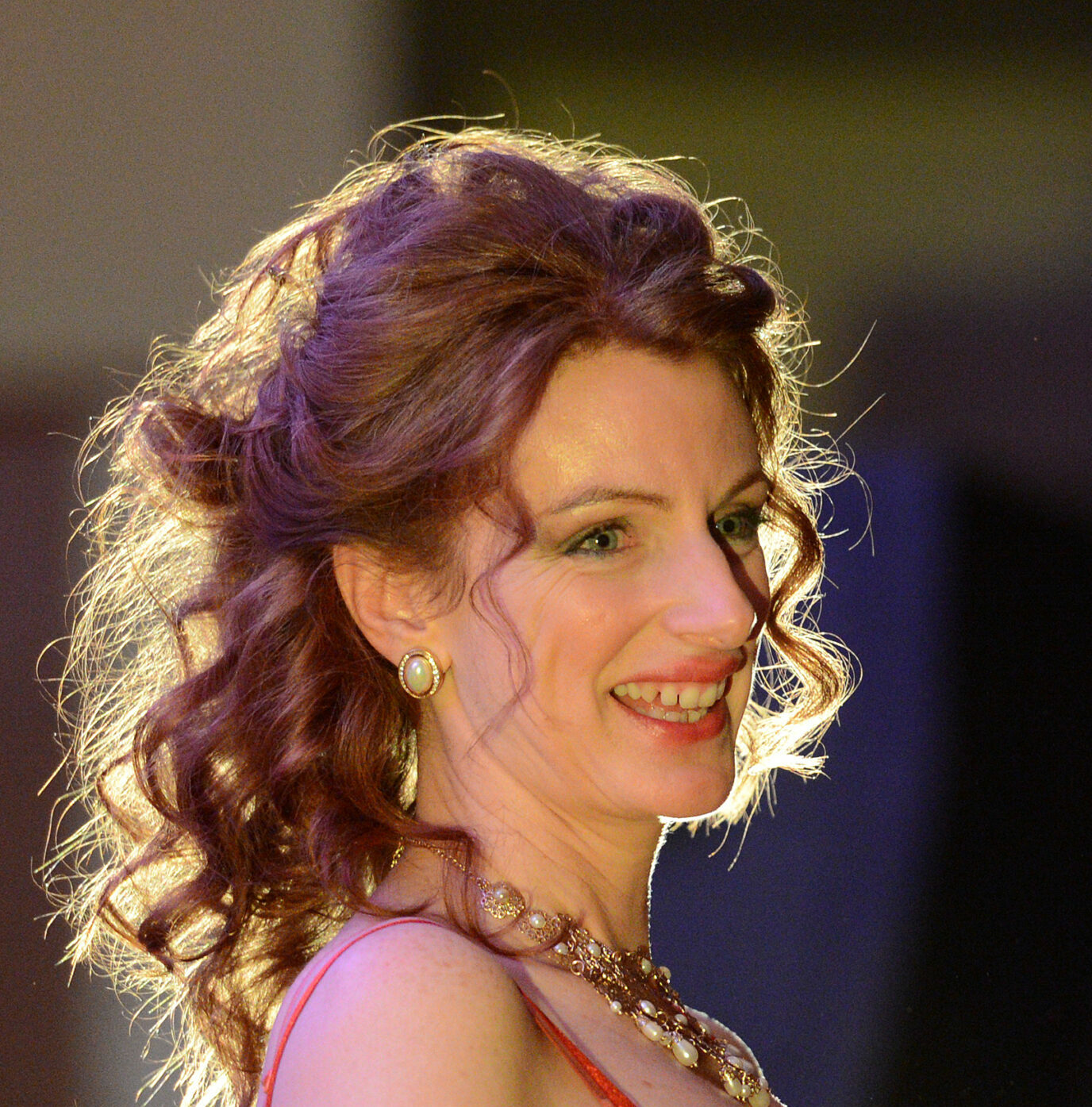Maria Butterly is an award-winning Irish singer/songwriter who lived in the US for 17 years where she toured extensively. Maria headlined at the Angelica Heuston Gala Event at the Beverly Hills Hilton Hotel and supported The Pogues, The Hot House Flowers and the late Hal Ketchum in concert in the US. Maria won the award for Best Celtic Sound at the New York International Film and Music Awards. Since moving home in 2008 she has performed her original compositions live on TV and radio programs such as RTE, Virgin Media One, TG4 and SKY TV. She composes music for both Film and TV, and specialises in music for video games. Maria is also a teacher and teaches a songwriting workshop called Music is the gateway to well-being. She has released 3 albums and recently released her new single, HERO which addressing issues of anti-social behaviour & bullying and was inspired by her work with the youth of today.
Connect with Maria:
WEBSITE: https://mariabutterly.com
FACEBOOK: https://www.facebook.com/maria.butterly
